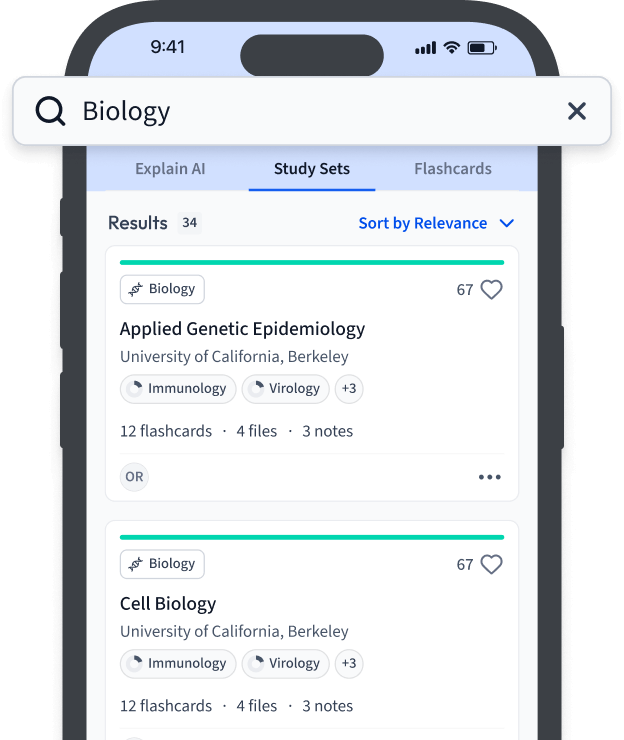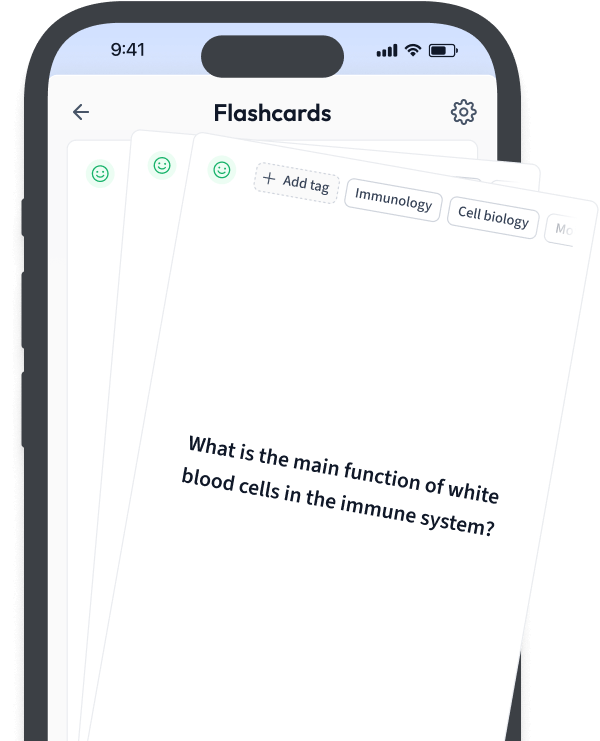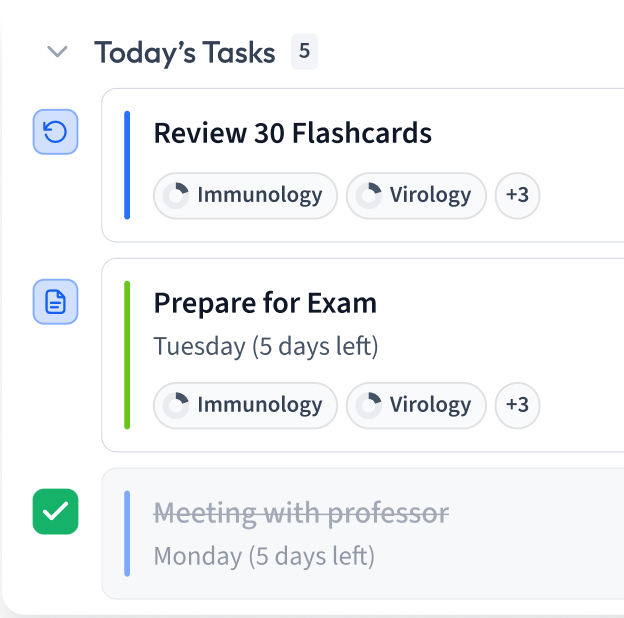How can I improve my emotional health?
Improve your emotional health by practicing self-awareness, building strong relationships, managing stress effectively, and maintaining a healthy lifestyle. Engage in mindfulness, express gratitude, and seek professional help if needed to support emotional well-being.
What are the signs of poor emotional health?
Signs of poor emotional health may include persistent feelings of sadness, anxiety, or irritability, withdrawal from social activities, changes in appetite or sleep patterns, lack of energy or motivation, difficulty concentrating, and experiencing frequent mood swings. Additionally, individuals may exhibit increased reliance on substances like alcohol or drugs to cope with emotions.
How does emotional health impact physical health?
Emotional health impacts physical health significantly. Poor emotional health can lead to stress, weakening the immune system and increasing the risk of chronic illnesses such as heart disease and hypertension. On the other hand, strong emotional health promotes better coping mechanisms, improving recovery and overall physical well-being.
What activities can help maintain good emotional health?
Activities such as regular exercise, mindfulness meditation, journaling, maintaining social connections, and setting aside time for hobbies can help maintain good emotional health. These activities promote relaxation, reduce stress, and provide opportunities for self-expression and support.
What is the difference between emotional health and mental health?
Emotional health focuses on managing and expressing feelings effectively, while mental health encompasses overall psychological well-being, including thoughts, emotions, and behaviors. Emotional health is a component of mental health, directly influencing how an individual handles stress and interacts with others. Together, they contribute to a person's holistic well-being.















